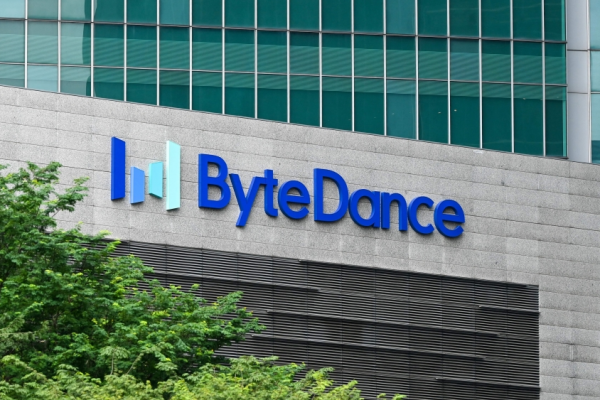The Digital India Act (DIA) will include mandates regulating the way tech colossal process data. It will be done to avert social media giants from identifying an individual user from an anonymous dataset.
The Indian government is mulling upcoming legislation, Digital India Act (DIA), which is set to replace the IT Act 2000 and will likely include provisions that make internet and social media companies “accountable” for the “algorithms” they use to present content based on the user’s profile and their browsing history.
If the proposal is included in the DIA, this would place India among the first few countries that have made the legal oversight of these proprietary codes. In addition, the draft laws could also contain guidelines governing the use of emerging technologies like advanced quantum computing, artificial intelligence and the metaverse among others.
“The idea is to prevent misuse of Indian citizens' data. Even if the data is stored in India, it can be misused by highly advanced algorithms. That must be prevented,”
a senior government official told Economic Times.
Apart from this, the upcoming DIA could also talk about regulating the way large internet firms process data so that they do not identify an individual user from an anonymised dataset. The officials privy of the development said the rules would be developed "depending on the size, type of intermediary, and the space they operate in."
The draft rules are already in the last stage of preparation and will be sent to the law ministry for review before it is made available for public consultation.
Officials further shared that tech giants like Meta (banned and designated in Russia as extremist), Google and Twitter, which deal in large amounts of personal data on a day-to-day basis, may be asked to disclose the methods by which they process the data collected by them in specific cases. However, such requests will have to be backed by law enforcement agencies through court orders.
Minister of state for electronics and information technology Rajeev Chandrasekhar had earlier this year requested member states of Global Partnership on Artificial Intelligence (GPAI) to work towards a framework to stop misuse of AI leading to user harm.
“The digital economy globally is worth trillions of dollars (…) where the Big Tech companies consume data with no oversight. It is our responsibility and duty to put the brakes on access to data,”
Chandrasekhar said.
India's goal, he said, is to create a framework that will be "a global standard for cyber law, competitive and modern." The framework includes:
- The Digital Personal Data Protection Bill, 2022
- The Digital India Act
- The National Data Governance Policy
The DIA will be simple and concise in format, leaving space for executive rulemaking in the future given the changing technology landscape, ET quoted sources as saying.
The final draft of the DIA may be released for public consultations soon after the winter session of the Parliament is over, sources indicated.
Sources: The Economic Times, ET Now, BQ Prime




